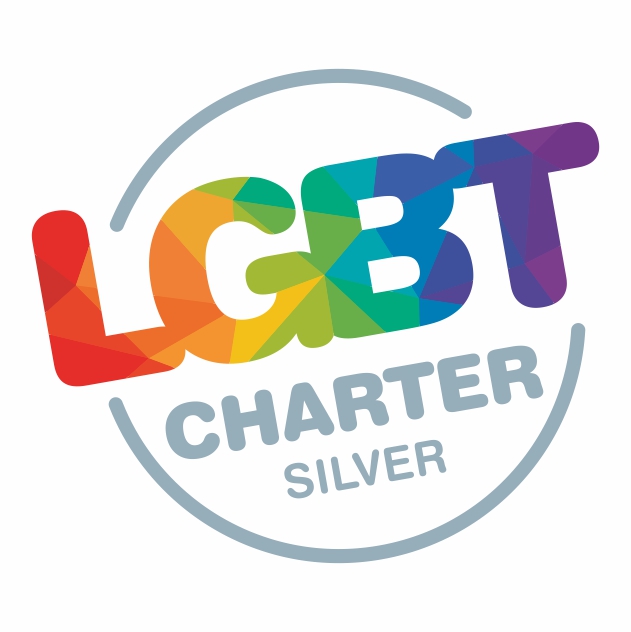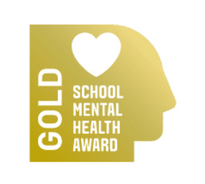S3 PSE Curriculum Content: Relationships, Sexual Health & Parenthood
Dear Parent/Carer
S3 PSE Curriculum Content: Relationships, Sexual Health & Parenthood
At Calderglen High School we hold the strong conviction that promoting the health and wellbeing of our pupils is a crucial aspect of their overall education. One of the main vehicles we employ for this is our Personal, Social & Health Education (PSHE) course, delivered by our Pupil Support Managers, which aims to enable our young people to make safe and informed decisions during their school years and beyond.
As part of our PSHE curriculum, reflecting Scottish Government guidance, we are committed to ensuring that all children and young people receive high quality relationships, sexual health and parenthood education (RSHP) in order to respect, protect and fulfil their human rights as they grow up. RSHP education focuses on equipping children and young people with the knowledge, skills and values to make informed and positive choices about forming relationships. It can assist with making safer decisions about their sexual and emotional health and wellbeing in a responsible and healthy manner, as an important part of preparation for adult life. Through RSHP we support our pupils to develop an understanding of how to maintain positive relationships with a variety of people and are aware of how thoughts, feelings, attitudes, values and beliefs can influence decisions about relationships and sexual health.
We have carefully considered age-appropriate topics within RSHP to deliver as part of our PSHE curriculum. From 17th January, S3 pupils will be embarking on a series of lessons on contraception, STIs and consent. Within these lessons, our partners at Rape Crisis will be visiting classes to engage pupils on the topic of consent. During the course, pupils will be able to ask questions, which will be answered factually and in an appropriate manner. Each pupil's privacy will be respected, and no one will be asked to reveal personal information.
If you have any queries about the content of the programme or resources used, please do not hesitate in contacting me.
Thank you for your ongoing support,
Mr Craig McDougall
Depute Head Teacher
Sex and Relationships Education – Frequently Asked Questions
What are the aims of RSHP education in our school?
Depending on the age of the children and the lessons in their particular year group, we want RSHP to:
- Develop the confidence to talk, listen and think about their feelings and relationships
- Develop friendship/relationship skills
- Develop positive attitudes, values and self esteem
- Provide knowledge and understanding about puberty and the changes that will take place
- Provide knowledge and understanding about reproduction and sexuality
- Address concerns and correct misunderstanding that children may have gained from the media and peers
- Develop skills to help children protect themselves against unwanted sexual experience
- Know where and how to seek help
Can you explain the school’s PSHE Morals and Values Framework?
PSHE follows the school’s agreed aims, values and moral framework which is sensitive to the needs and beliefs of pupils, parents/carers and other members of the school community. PSHE will be delivered within the school's agreed equal opportunities framework.
PSHE recognizes the benefits of marriage or stable relationships, for family life and bringing up children. Care is taken to ensure there is no stigmatisation of children based on their different home circumstances.
Pupils will be encouraged to understand that thinking about morals and values also includes:
- Respect for self and others
- Commitment, trust and love within relationships
- Understanding diversity regarding religion, culture and sexual orientation
- Honesty with self and others
- Self-awareness
- Exploration of rights, duties and responsibilities
Misunderstandings about RSHO
There is sometimes concern that RSHP in school might promote sexual activity or cause confusion about an individual’s sexuality. The research on quality RSHP points to a more positive outlook: 87 programmes from many countries were examined by UNESCO in 2009. This led to the conclusion that if RSHP has an effect it is a positive one: “sexuality education can lead to later and more responsible sexual behaviour or may have no discernible impact on sexual behaviour”.
In the UK the research is even more positive. Analysis by the National Survey of Sexual Attitudes and Lifestyles team over several years consistently shows that men and women who said that lessons at school were their main source of information about sex were more likely to have started having sex at a later age than those for whom parents or other sources were their main source. Schools have an important role to play in RSHP.








